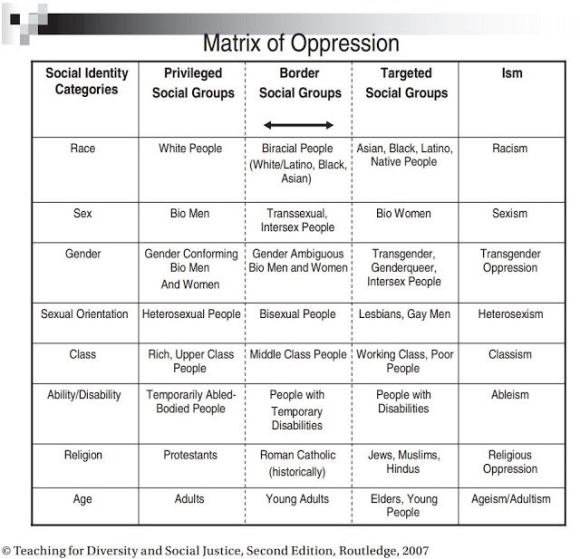Theoretical Frameworks in Social Work Practice
Theories are sets of the intersectionality of concepts, definitions, and proposals to explain or predict events or situations using evidence-based practices. They help us understand and connect social work practice in addressing IPV/FV by explaining the underlying causes of behaviors.
To understand ourselves and the world around us, theories are abstract and conceptual, answering the "who, what, where, and why" of a certain subject to be explored. For example, questions like, "Is there a correlation between the rising use of technology among our youth, cyber dating abuse, and attachment theory?" According to the Journal of Violence, attachment theory might explain how early relationships influence a person's tolerance for abusive behaviors, particularly with new emerging social trends in technology (Basting, E. J., et al., 2023).
Trauma Theory and Adult Victims of IPV
When working with child victims of IPV/FV, attachment theory is beneficial for children who have been exposed to family violence (FV). Exposure to violence and neglect may disrupt their development, lead to behavioral issues, and create learning difficulties or challenges in forming healthy relationships with others now and later in life. Attachment theory posits that experiencing childhood maltreatment perpetrated by parents may alter a child’s internal working models of relationships and interfere with their ability to form a secure attachment style (Basting, E. J., et al., 2023).
Additionally, it is important for social workers to understand the intersectionality of anti-oppressive frameworks when utilizing theories to combat discrimination and violence against marginalized groups. By using anti-oppressive frameworks combined with knowledge of theories surrounding IPV/FV, social workers can identify and disrupt harmful ideologies and discriminatory practices that contribute to violence and oppression (Elementary Teachers Federation of Ontario, 2021, May 4, p. 8).
The Importance of Trauma-Informed Organizations
It is also important for an organization to be trauma informed because trauma reminders can exist in the spaces where people work and interact. Organizations need to understand how environmental, relational, community, and social stressors affect groups within their structures. When organizations adopt trauma informed practices, they foster a sense of safety, trustworthiness, and transparency, offering support and empowering individuals through culturally responsive policies that address cultural, historical, and gender related issues (Regional Research Institute for Human Services, n.d.). Although being trauma informed is not therapy, it empowers every individual within an organization with knowledge of how trauma impacts us all, and prioritizes emotional regulation and healing through compassionate, supportive care. For example, health systems often attempt to implement trauma informed care at the clinical level without the necessary supports for widespread organizational culture change, which can result in uneven and unsustainable shifts in day-to-day operations. A narrow clinical focus can overlook the role non-clinical staff, such as front desk workers and security personnel, play in keeping clients affected by trauma safe (Trauma-Informed Care, n.d.).
Social Exchange Theory and Perpetrators of IPV/FV
For perpetrators of IPV/FV, Social Exchange Theory might be helpful due to perpetrators' reluctance to change, give up power and control, and view relationships as more transactional—"What do I get out of this?" According to Professor Pabon, when applying Social Exchange Theory to perpetrators, the behavior of violence is used as a benefit to gain power in the relationship. This theory can provide perpetrators with an incentive to alter their behaviors in a non-confrontational way toward rehabilitation. Social exchange theory can guide perpetrators through stages of change, helping them recognize the consequences of their actions (Pabon, A., 2024).
The Importance of Anti-Oppressive Frameworks

Professional Responsibility in Social Work
According to the National Association of Social Workers' Code of Ethical Standards, specifically 4.01 Competence, it is our responsibility to use evidence-based research, such as theories, to provide professional, competent care. Furthermore, as future social workers, we must stay current with emerging trends and new knowledge relevant to social work that we can utilize in our future practice (National Association of Social Workers, 2021, 4.01(c), 5.02(c)).